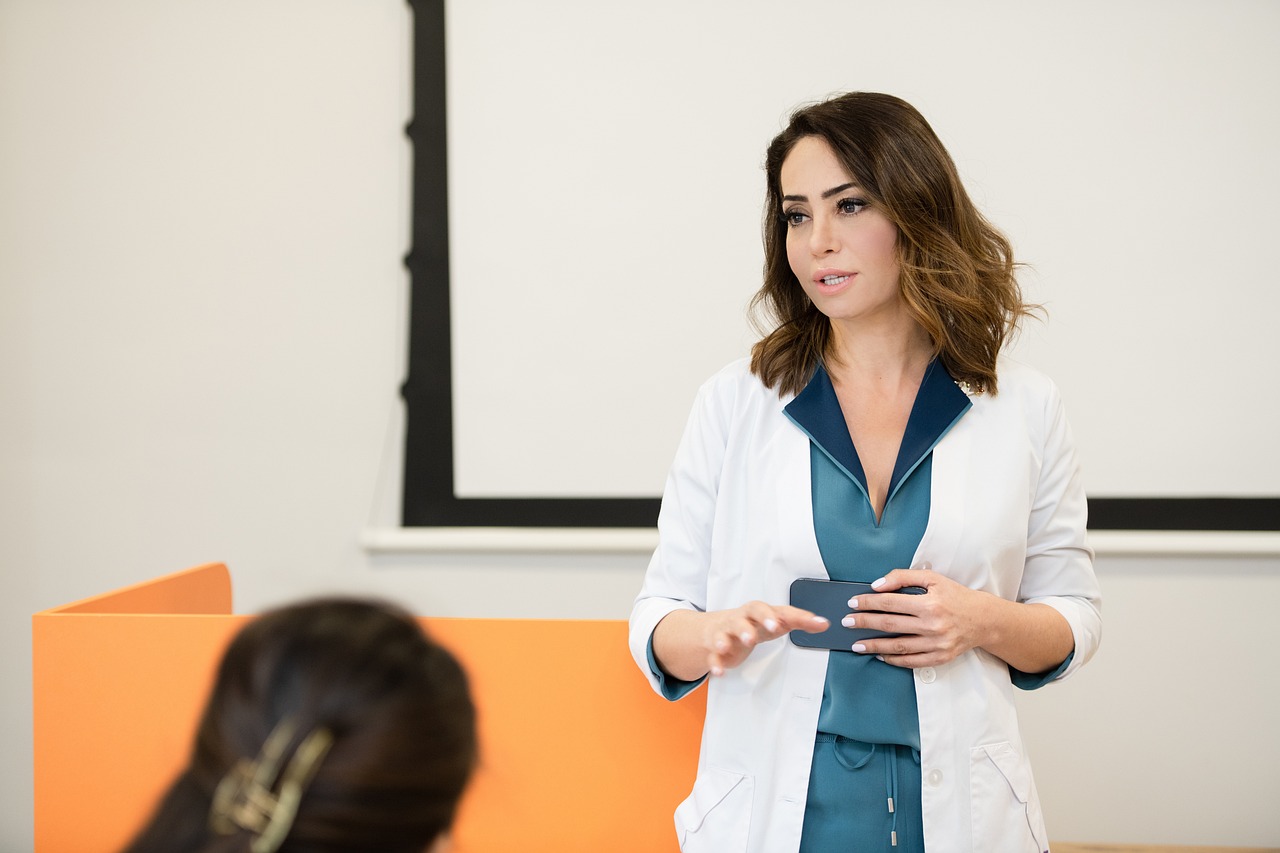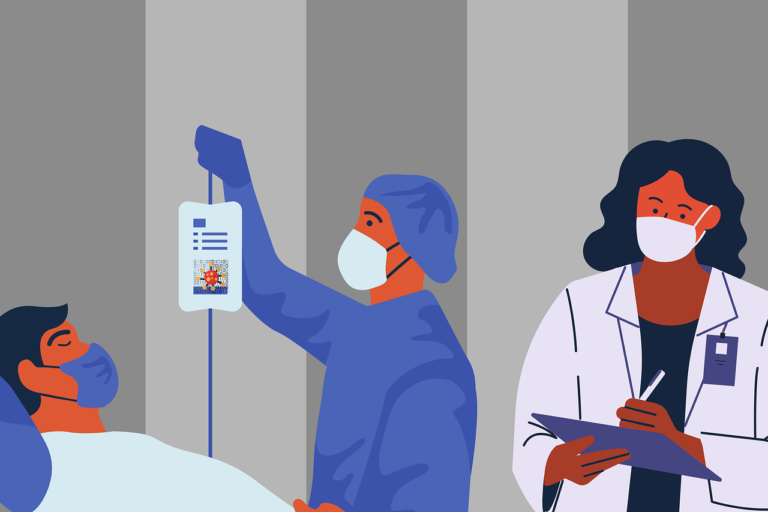Book Appointment Now

Commitment to Lifelong Learning as a Tenet of Nursing Ethics
Commitment to lifelong learning as a tenet of nursing ethics is a vital tenet of the Code of Ethics for Nurses, reflecting the profession’s dedication to maintaining competence and adapting to the evolving needs of healthcare. Lifelong learning ensures that nurses stay informed about advancements in medical science, technology, and best practices while fostering personal and professional growth. This essay explores the purpose of lifelong learning in nursing, its practical application, and its role in enhancing patient care and nursing practice.
Get a custom paper help about lifelong learning as a tenet of nursing ethics
Order Custom Nursing Paper
The Purpose of Commitment to Lifelong Learning as a Tenet of Nursing Ethics
The healthcare landscape is dynamic, with continuous advancements in medical knowledge, treatment modalities, and technologies. The purpose of lifelong learning is to equip nurses with the skills and knowledge necessary to meet these changes and deliver safe, effective, and evidence-based care.
For example, a nurse working in oncology must stay updated on emerging cancer treatments, such as immunotherapy and precision medicine. This commitment to learning ensures that the nurse can provide accurate education to patients and implement advanced treatment protocols effectively (Institute of Medicine, 2010).
Lifelong learning also fosters critical thinking and adaptability, enabling nurses to respond to complex and unforeseen challenges in clinical practice. Additionally, it supports the profession’s ethical commitment to competence and accountability, as outlined in the Code of Ethics for Nurses (American Nurses Association [ANA], 2015).
Practical Applications of Lifelong Learning in Nursing
Lifelong learning manifests in various ways, including formal education, certifications, and self-directed learning.
- Pursuing Advanced Degrees and Certifications
Nurses often pursue higher education or specialty certifications to enhance their expertise. For instance, a nurse aspiring to work in critical care might earn a Critical Care Registered Nurse (CCRN) certification to deepen their knowledge and skills. Certifications validate a nurse’s proficiency in specific areas of practice, ensuring they can meet patient needs effectively (Watson, 2008). - Engaging in Continuing Education
Many states and professional organizations require nurses to complete continuing education credits to maintain licensure. These courses often address emerging trends, such as telehealth or pandemic preparedness, ensuring nurses remain equipped to address modern challenges (Hodgson, 2016). - Participating in Workshops and Conferences
Attending workshops, conferences, and seminars allows nurses to learn from experts and peers. These forums often introduce new evidence-based practices and technologies, providing actionable insights that can be integrated into clinical care. - Self-Directed Learning
Lifelong learning also includes self-initiated efforts, such as reading journals, engaging with online courses, or joining professional organizations. For example, a nurse might subscribe to publications like the Journal of Advanced Nursing to stay informed about current research and innovations in the field (Taylor, 2017).
How Lifelong Learning Enhances Patient Care
Commitment to lifelong learning directly improves the quality of patient care. Research indicates that nurses who engage in continuing education are more likely to implement evidence-based practices, leading to better patient outcomes (Institute of Medicine, 2010).
For instance, a nurse trained in the latest infection prevention techniques is better equipped to reduce hospital-acquired infections. Similarly, learning about cultural competence allows nurses to provide individualized care that respects patients’ values and beliefs, fostering trust and satisfaction.
Lifelong learning also ensures that nurses are prepared to leverage new technologies. For example, training in electronic health records (EHRs) enhances efficiency and accuracy in documentation, contributing to improved communication and continuity of care.
Professional Growth Through Lifelong Learning
Lifelong learning is essential for personal and professional development. By acquiring new skills and knowledge, nurses expand their career opportunities and contribute to the advancement of the profession.
- Leadership Development
Lifelong learning prepares nurses for leadership roles by enhancing critical thinking, decision-making, and communication skills. For example, a nurse pursuing a master’s degree in healthcare administration gains the tools to advocate for policy changes and lead organizational initiatives. - Resilience and Adaptability
Staying informed about advancements fosters resilience and confidence, enabling nurses to navigate challenges with competence. For instance, during the COVID-19 pandemic, nurses who participated in training on infection control and telemedicine adapted more effectively to the crisis. - Promoting a Culture of Learning
Lifelong learners inspire colleagues to pursue growth and innovation, fostering a collaborative and progressive workplace culture. Nurses who mentor others or share insights from conferences and workshops contribute to collective learning, benefiting the entire healthcare team.
Challenges in Upholding Lifelong Learning
While lifelong learning is crucial, nurses often face barriers such as time constraints, financial limitations, and access to resources. Balancing work, personal responsibilities, and education can be challenging, particularly for nurses working in high-demand environments.
To overcome these challenges, organizations can provide support through tuition reimbursement programs, flexible scheduling for educational pursuits, and access to online learning platforms. Additionally, professional associations can advocate for policies that reduce barriers to continuing education.
Conclusion
Commitment to lifelong learning as a Tenet of Nursing Ethics is a cornerstone of ethical and professional nursing practice, ensuring that nurses remain competent and responsive to the evolving demands of healthcare. By pursuing continuous education and self-improvement, nurses enhance patient care, advance their careers, and contribute to the profession’s growth. Upholding this tenet fosters a culture of excellence, innovation, and resilience, ultimately benefiting patients, healthcare teams, and the broader community.
References
American Nurses Association. (2015). Code of ethics for nurses with interpretive statements. Silver Spring, MD: American Nurses Publishing.
Hodgson, A. (2016). Lifelong learning in nursing: Barriers and strategies for success. Journal of Advanced Nursing, 72(6), 1450-1456. https://doi.org/10.1111/jan.13000
Taylor, C. (2017). The importance of lifelong learning in nursing practice. Nursing Ethics, 24(3), 286-290. https://doi.org/10.1177/0969733016678401
Watson, J. (2008). Nursing: The philosophy and science of caring. University Press of Colorado.
Institute of Medicine. (2010). The future of nursing: Leading change, advancing health. National Academies Press. https://doi.org/10.17226/12956







